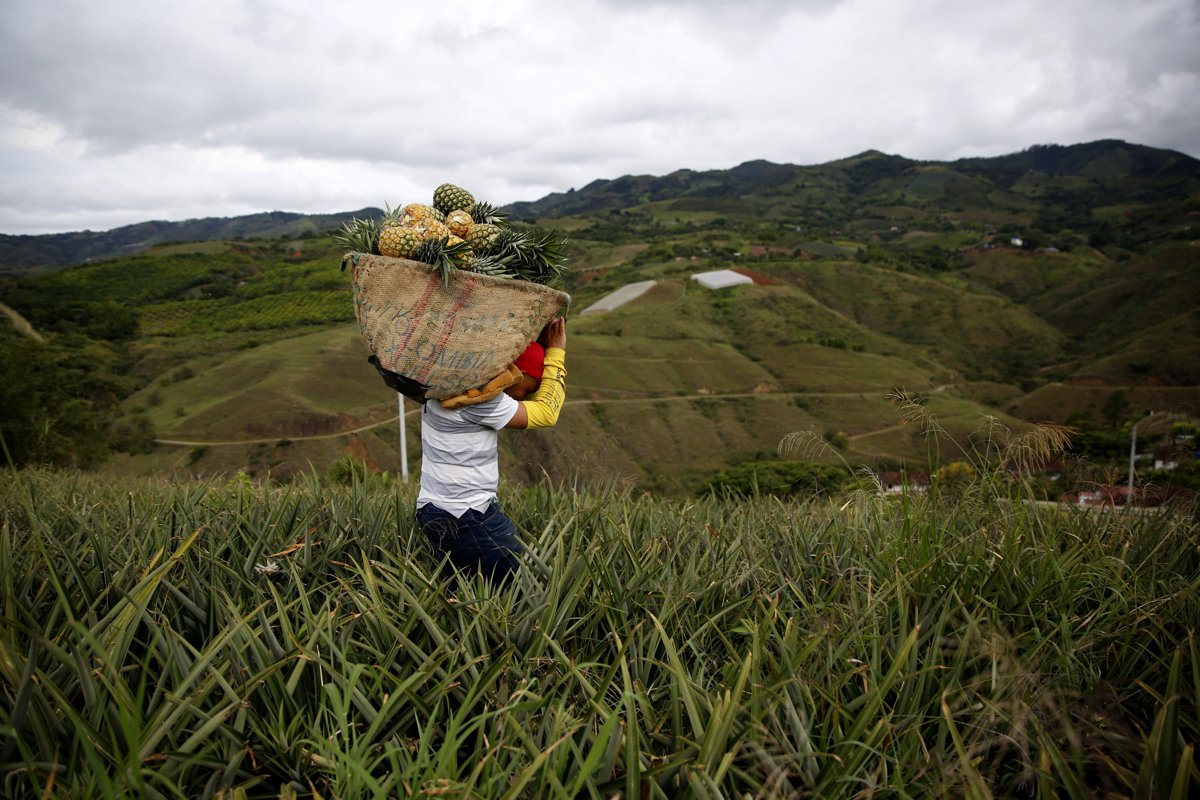The world enters “red numbers” in terms of the consumption of natural resources from this Thursday, Day of Overcapacity of the earth. This is a date that, according to the Global Footprint Network, has moved forward a month every decade since 1970, indicating that the “current economic system is unsustainable.”
This explains it to EFE the scientist Alessandro Galli, director of the program for the Mediterranean area of the Global Footprint Network, an organization that, in order to make visible the overexploitation of nature in the production and consumption model of today’s society, calculates the Earth Overcapacity Day every year.
If in 1971 that day – that is, the moment from which the demand for human resources exceeds the natural capacity of the planet to supply them annually – occurred on December 30, in 2022 the date has been advanced six months.
The calculation consists of dividing the Earth’s biocapacity by the global ecological footprint – the pressure that human activity exerts on cropland, grazing land, forest land and built-up land, as well as fishing areas – and multiplying that result for 365 days a year.
The conclusion for this year reveals that between January 1 and July 28 the world has exhausted the Earth’s natural budget for all of 2022.
Thus, it is one day ahead of 2021, given that the global ecological footprint has increased by 1.2% while biocapacity has only increased by 0.4% in the same period.
While the date has been moving steadily forward over the past five decades, the pace has slowed in recent years, and in 2020 Earth Overshoot Day took a sudden leap backwards—it happened in August, instead of in July—because of measures against the pandemic.
That year, as a result of the confinement to prevent the spread of the coronavirus, “there was, for example, a large reduction in the use of fossil fuels for transportation,” and the forestry industry experienced another significant decrease, Galli points out.
All in all, this expert clarifies that, in general terms, the only period in history in which there has been a reduction in the demand for resources has been the most critical moment of the financial crisis, “especially the years 2008 and 2009 for the Mediterranean region”.
“This indicates that in the last 50 years the only reduction has come at the cost of a decrease in the quality of our lives,” laments the scientist, although he assures that another economic model can be aspired to that does not compromise the quality of life of people—and even improve it—while respecting planetary boundaries.
“Material growth, as we were told, was a strategy that our societies —rather, their economic system— set in motion decades ago, when resources were not a limiting factor, to improve our quality of life,” he argues. Galli, but asserts that “now the game has changed: there are too many of us, and that strategy no longer works.”
However, the depletion of resources is not equitable at the global level, since some countries – generally, the northern states – have a much larger ecological footprint than those that are grouped in what is usually called the global south.
Global Footprint Network calculates that date adjusted to each country: in the United States and Canada, for example, this year the day was March 13, while for Spain it was May 12, and for Ecuador it will occur on May 6. december.
Possible solutions
Galli’s team has investigated for two years the various alternatives that have been shown to be effective in minimizing the ecological impact and has compiled a database, a kind of range of solutions called “The power of possibility”, framed in the campaign ” Move The Date”.
Galli argues that it would be necessary to change the “inertia” that moves humans and that “has gotten used to doing things in a certain way”, and bet on new ways of producing -and consuming- food, as well as moving and occupying the territory, in more compact cities, for example.
For now, however, the solutions have been identified mainly at the local level, and the main problem, according to Galli, is how to take them to a global scale, “but I still don’t see that there is the necessary political will for it,” he concludes.






